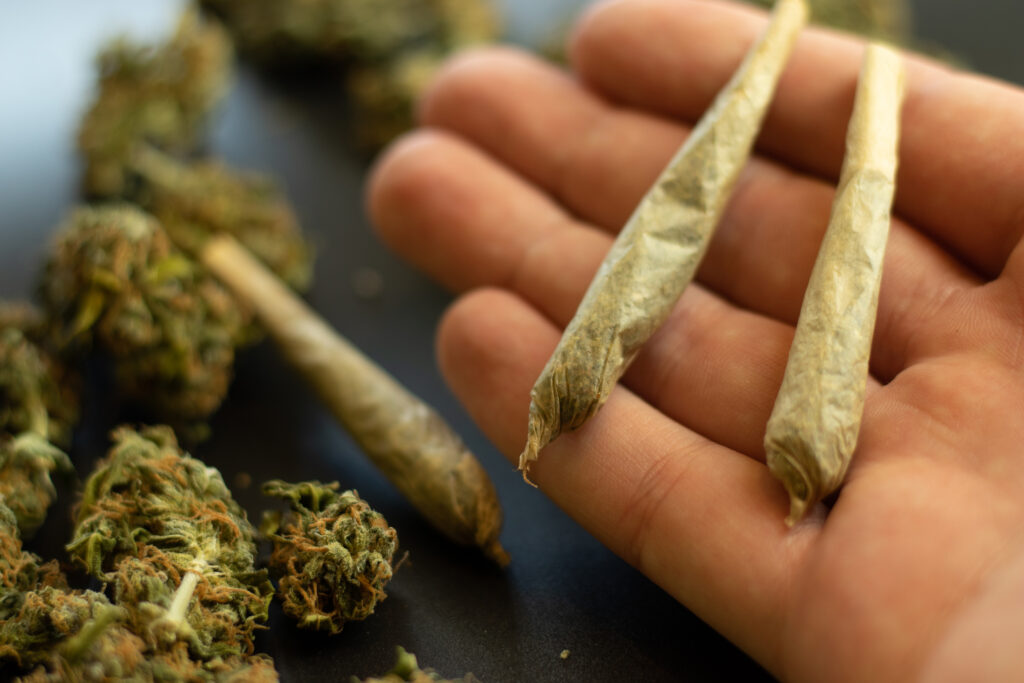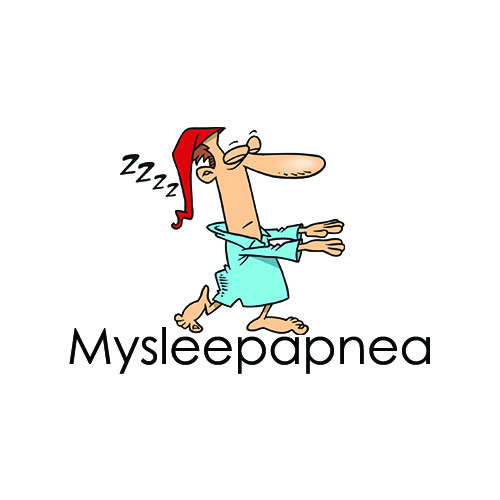 As the quest for better sleep continues, more individuals are turning to innovative solutions to achieve a restful night. One trend gaining momentum among health-conscious individuals and cannabis users is the use of THC vaping for sleep. Proponents claim it offers an effective and safe alternative to traditional sleep aids. This post delves into the growing popularity of THC vaping as a sleep aid, exploring its benefits, user experiences, and expert insights.
As the quest for better sleep continues, more individuals are turning to innovative solutions to achieve a restful night. One trend gaining momentum among health-conscious individuals and cannabis users is the use of THC vaping for sleep. Proponents claim it offers an effective and safe alternative to traditional sleep aids. This post delves into the growing popularity of THC vaping as a sleep aid, exploring its benefits, user experiences, and expert insights.
Understanding THC and Sleep Regulation
Tetrahydrocannabinol (THC) is the primary psychoactive component of cannabis, known for its ability to induce relaxation and sleepiness. It operates by interacting with the endocannabinoid system (ECS), a complex network of receptors and neurotransmitters that play a crucial role in regulating various bodily functions, including sleep.
How THC Affects Sleep
THC binds to CB1 receptors in the brain, which can influence the sleep-wake cycle. Research suggests that THC can:
- Reduce Sleep Latency: Helping individuals fall asleep faster.
- Increase Deep Sleep: Enhancing the restorative stages of sleep.
- Alter REM Sleep: Potentially reducing the amount of REM sleep, which may impact dreaming.
While more research is needed to fully understand these mechanisms, anecdotal evidence and preliminary studies indicate that THC might be a promising tool for those struggling with sleep disorders.
Comparing THC Vaping to Traditional Sleep Aids
Traditional sleep aids, such as prescription medications and over-the-counter remedies, often come with a host of side effects and the potential for dependency. Comparatively, THC vape offers a natural alternative that many users find appealing.
Effectiveness
- Traditional Sleep Aids: Often effective in the short term but can lead to tolerance and dependency issues.
- THC Vaping: Users report consistent results in improving sleep quality without the long-term dependency concerns associated with some pharmaceuticals.
Safety
- Traditional Sleep Aids: Can cause side effects like grogginess, dizziness, and cognitive impairment.
- THC Vaping: While generally considered safe, it can cause short-term side effects such as dry mouth, increased heart rate, and euphoria. However, these are usually mild and transient.
Personal Stories and Testimonials
Many individuals have found success incorporating THC vaping into their nightly routines. Here are a few personal anecdotes from those who have experienced its benefits:
Jane’s Experience
“After struggling with insomnia for years, I was sceptical about using THC vaping for sleep. But after trying it, I noticed a significant improvement. I fall asleep faster and wake up feeling refreshed.”
Tom’s Journey
“As someone who prefers natural remedies, I was thrilled to discover THC vaping. It has become a staple in my bedtime routine, providing a peaceful transition into sleep without the grogginess I experienced with sleeping pills.”
Guide to Using THC Vaping for Sleep
For those considering THC vaping as a sleep aid, here are some practical tips to maximise its benefits:
Dosing
- Start Low, Go Slow: Begin with a small dose (e.g., 2-3mg of THC) and gradually increase it until you find the optimal amount for your needs.
- Monitor Effects: Pay attention to how your body responds and adjust the dose accordingly.
Timing
- 30-60 Minutes Before Bed: Vaping THC about 30-60 minutes before bedtime allows it to take effect as you wind down.
- Establish a Routine: Consistency is key. Incorporate THC vaping into a nightly routine to signal to your body that it’s time to sleep.
Choosing the Right Product
- Quality Matters: Opt for high-quality, lab-tested THC vape products to ensure safety and efficacy.
- Indica Strains: Indica-dominant strains are generally preferred for their relaxing and sedative properties.
Safety Considerations and Potential Side Effects
While THC vaping is considered safe for most users, it’s essential to be aware of potential side effects:
Short-Term Effects
- Dry Mouth
- Increased Heart Rate
- Euphoria
Long-Term Considerations
- Tolerance: Regular use can lead to tolerance, requiring higher doses over time.
- Respiratory Health: Vaping, while less harmful than smoking, can still impact lung health.
Expert Insights
We spoke to experts in the fields of cannabis and sleep medicine to gather their thoughts on THC vaping for sleep:
Dr. Sarah Thompson, Cannabis Researcher
“THC shows promise as a sleep aid, but it’s crucial to approach it responsibly. More research is needed to fully understand its long-term effects and optimal usage.”
Dr. Michael Roberts, Sleep Specialist
“While THC can be beneficial for some, it’s important to consider individual differences. What works for one person may not work for another, so personalised guidance is key.”
Conclusion
THC vaping is emerging as a viable option for those seeking natural and effective sleep solutions. By understanding how THC interacts with the body’s sleep mechanisms and following best practices for usage, individuals can potentially improve their sleep quality and overall well-being.
However, it’s essential to approach THC vaping with responsibility and mindfulness. As with any sleep aid, what works for one person may not necessarily work for another. Consulting with healthcare professionals and staying informed about the latest research will help ensure safe and effective use.
Whether you’re a seasoned cannabis user or exploring THC vaping for the first time, this guide aims to provide valuable insights and practical tips to help you make informed decisions.
For those ready to embark on their journey to better sleep with THC vaping, remember to start low, go slow, and enjoy the peaceful nights ahead.
